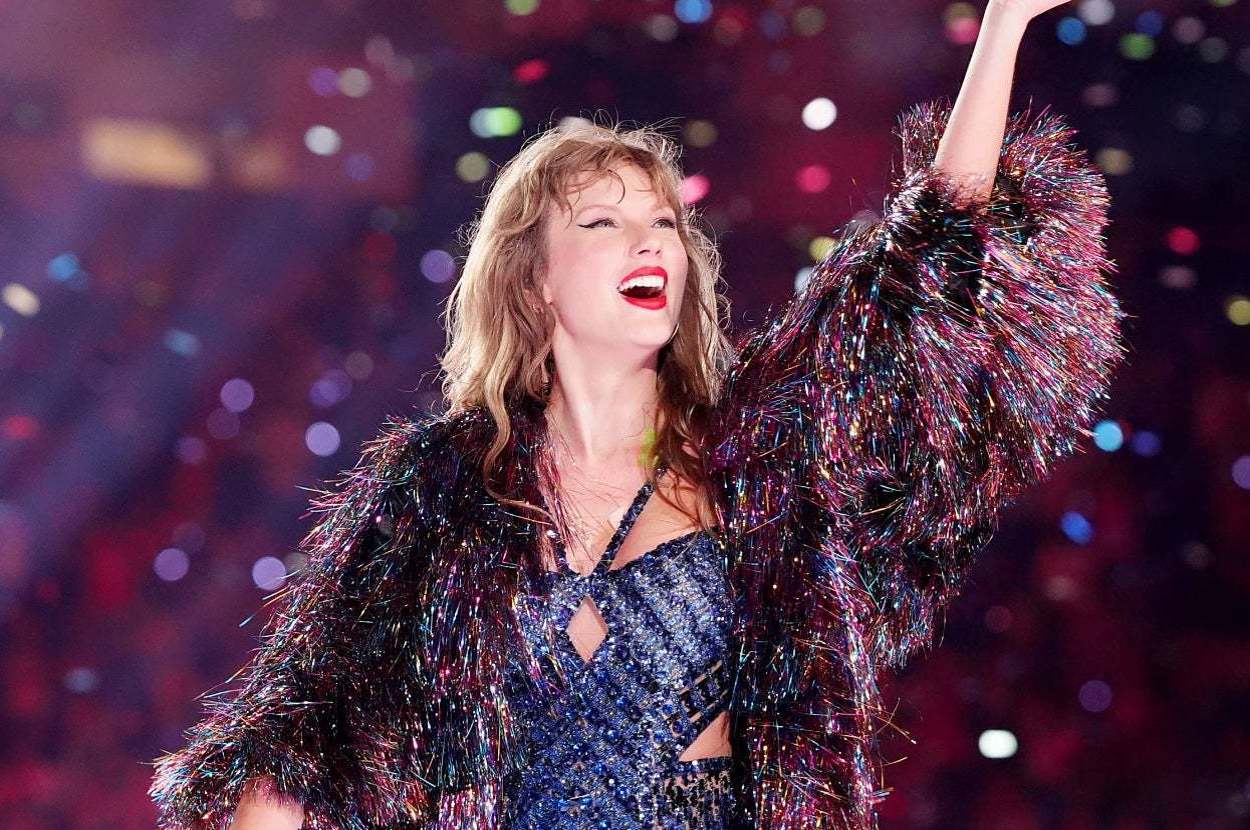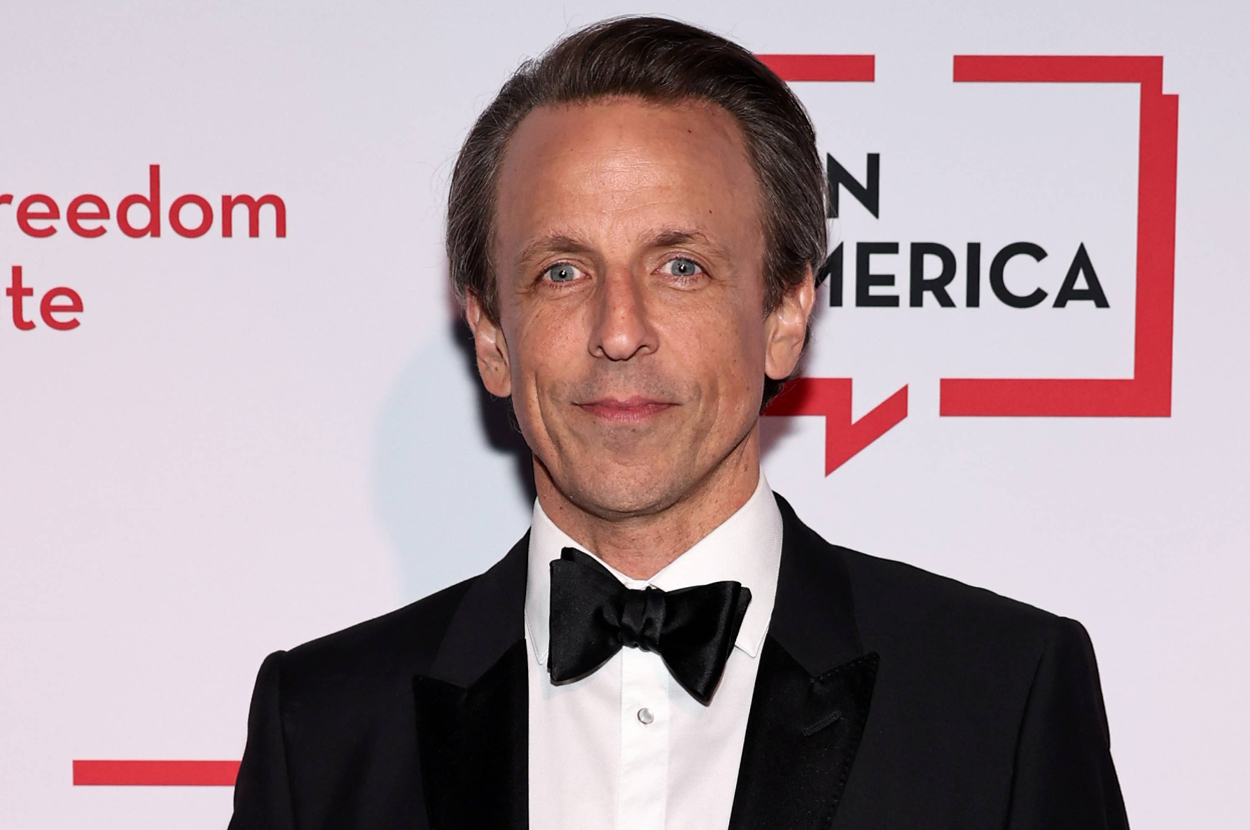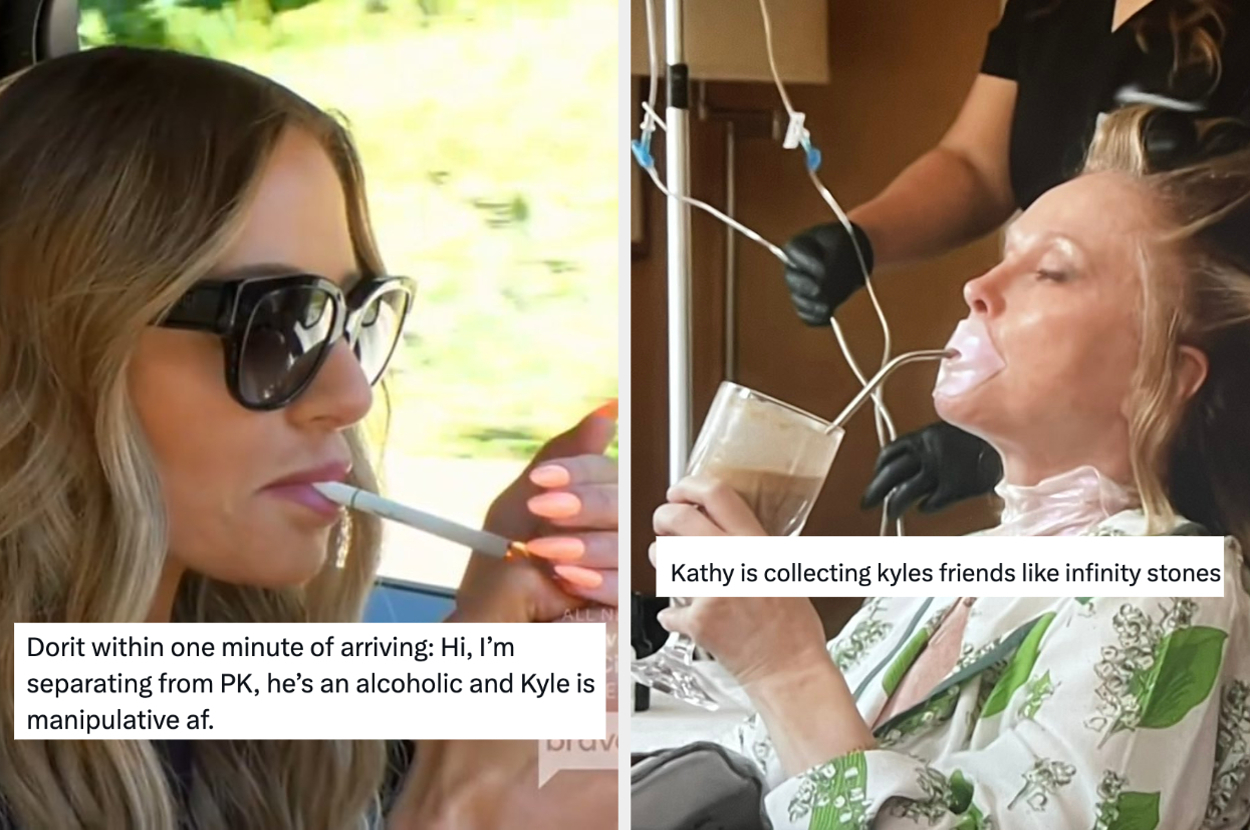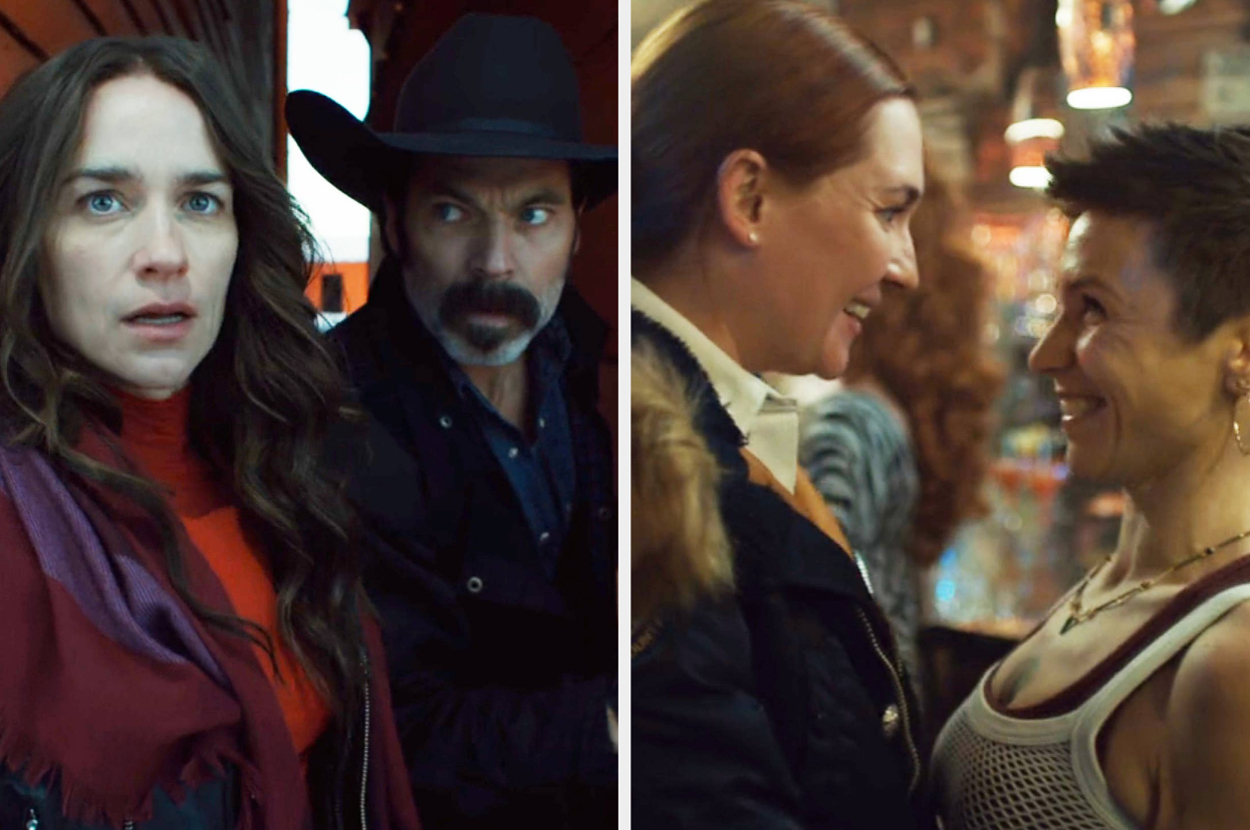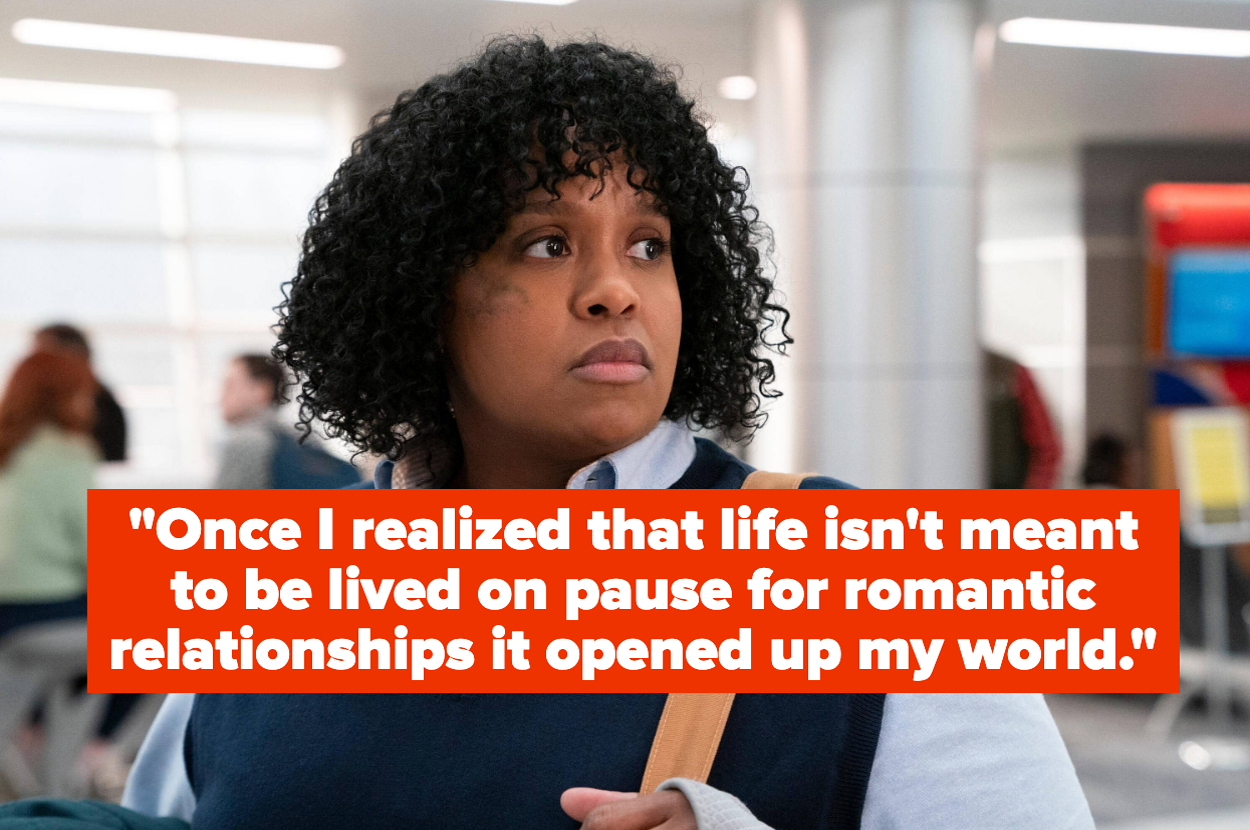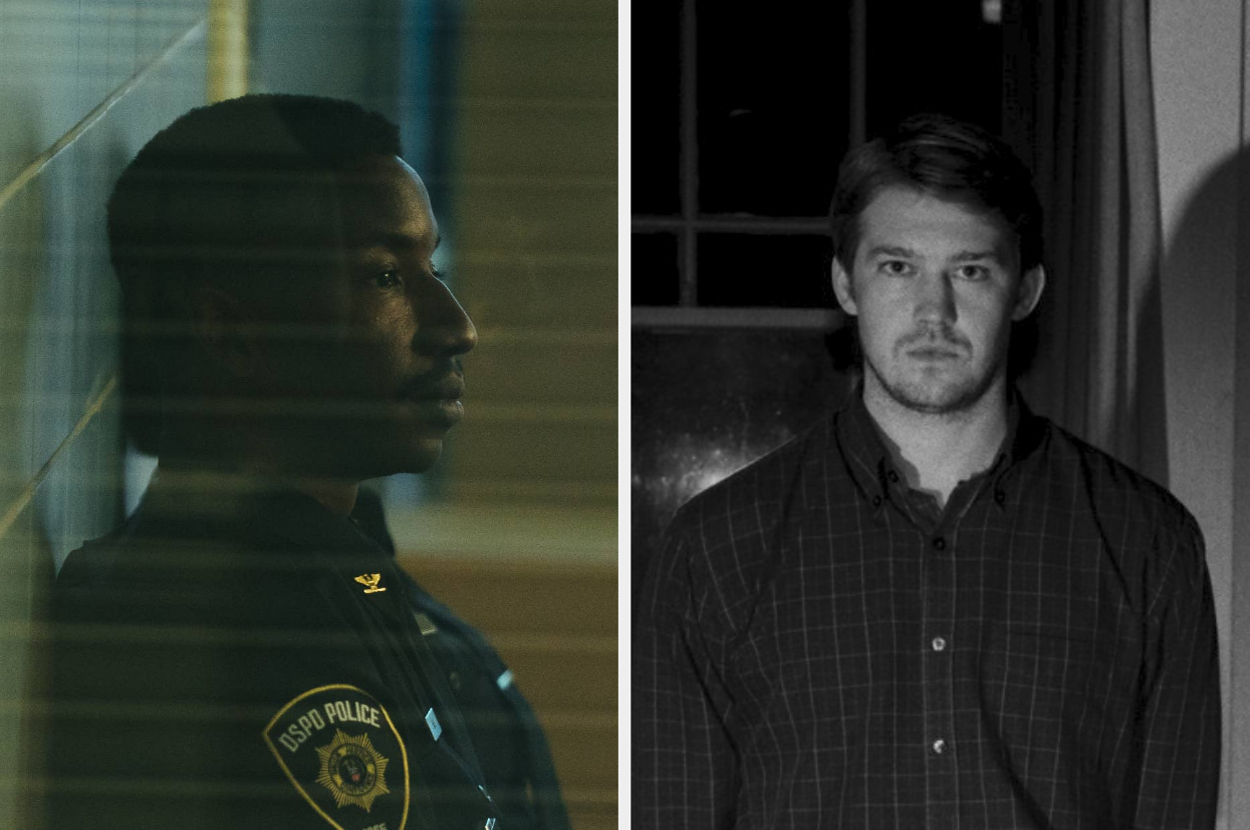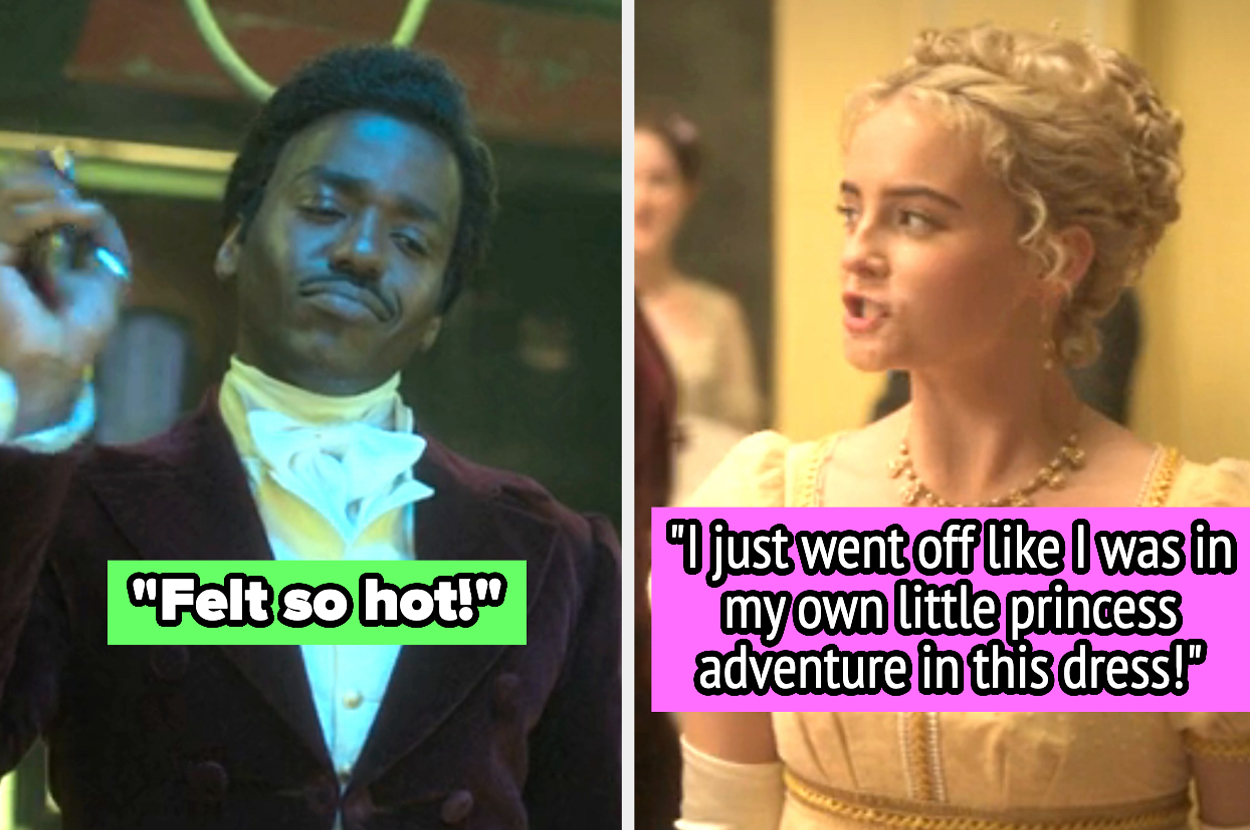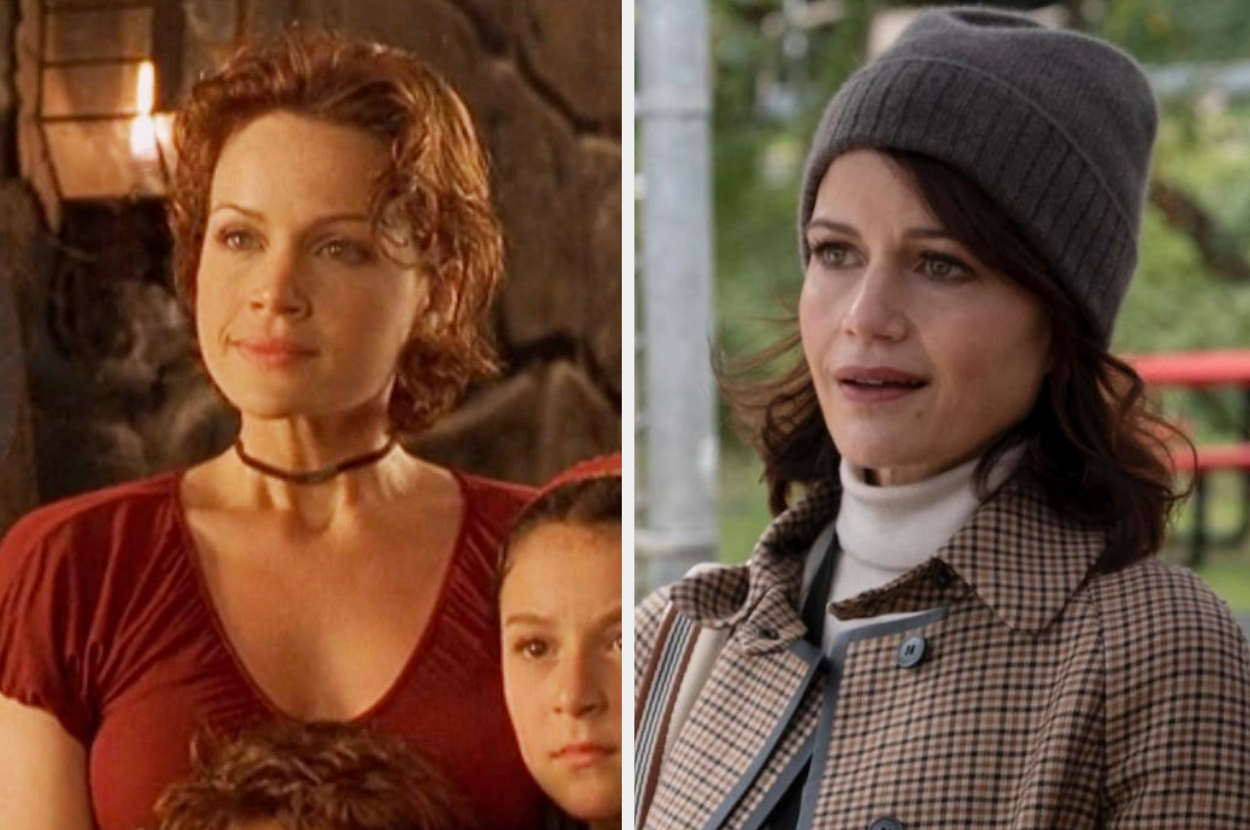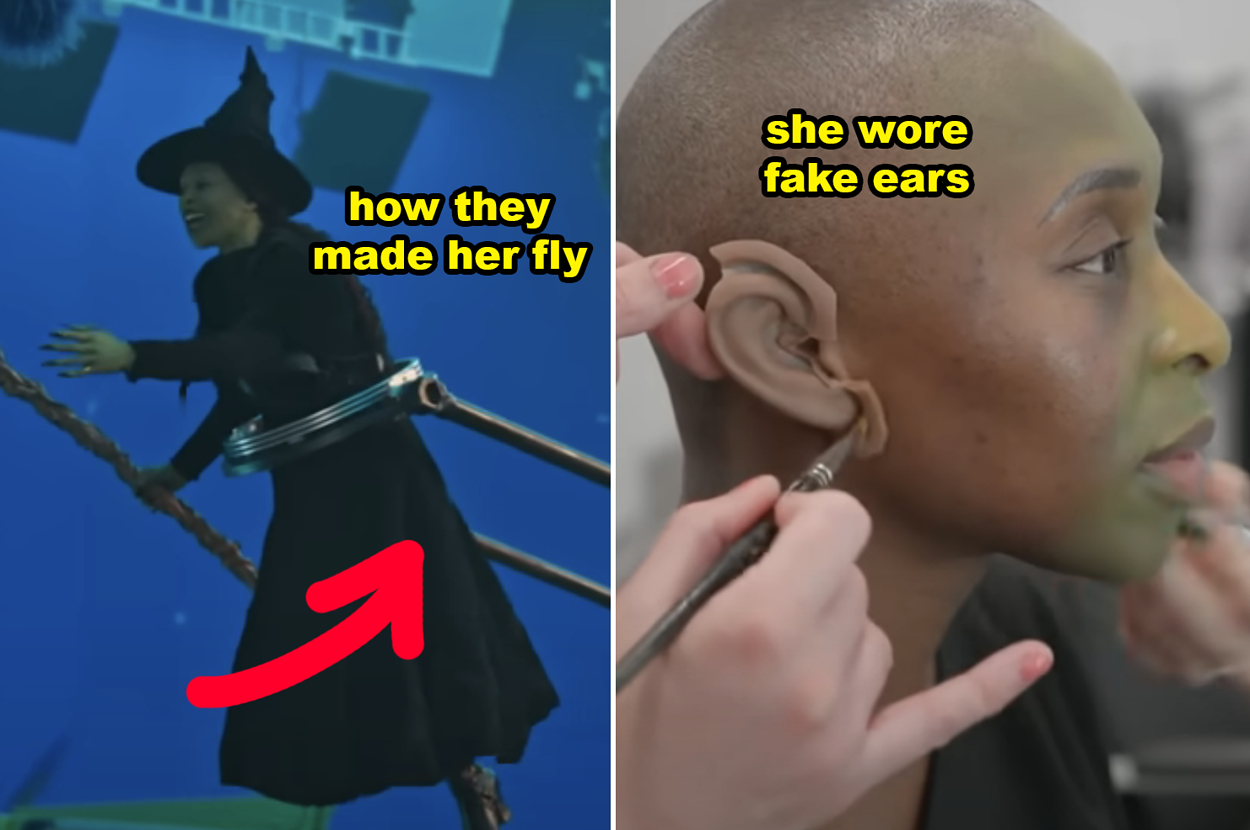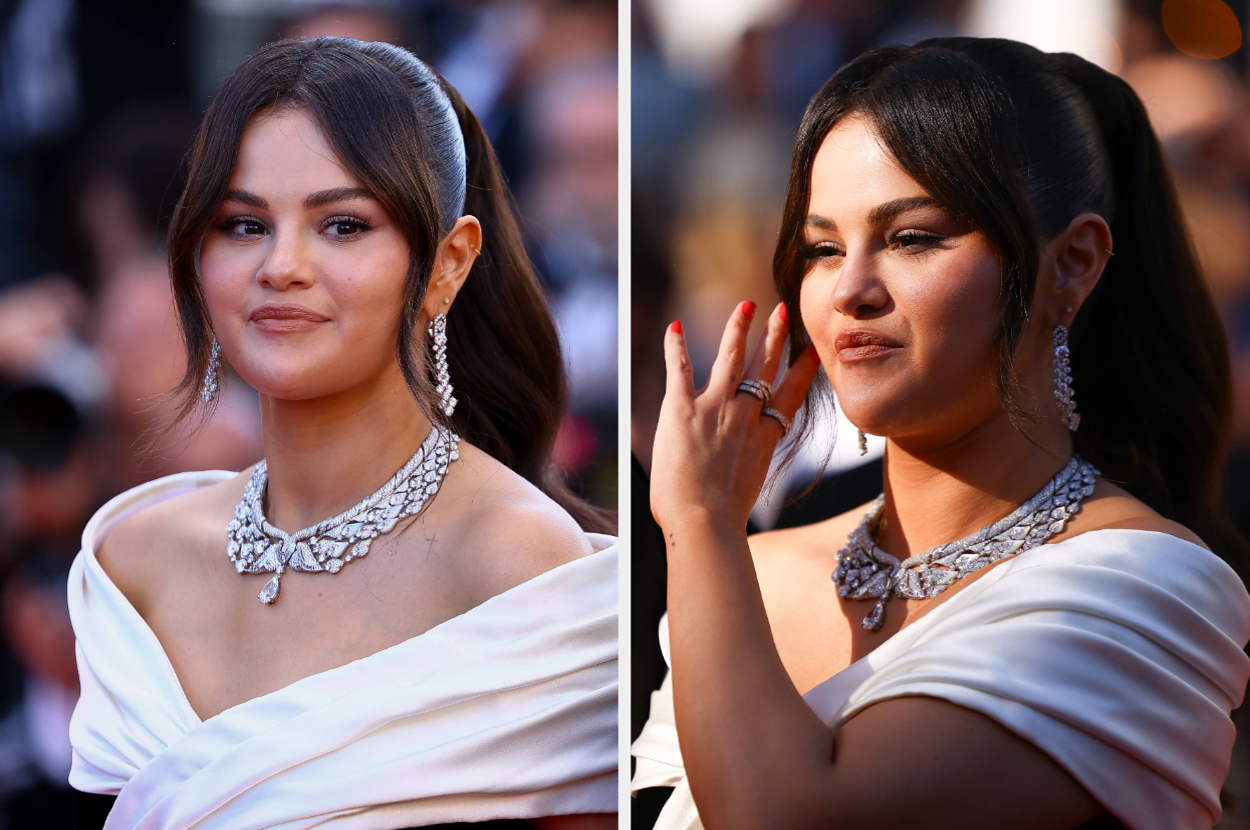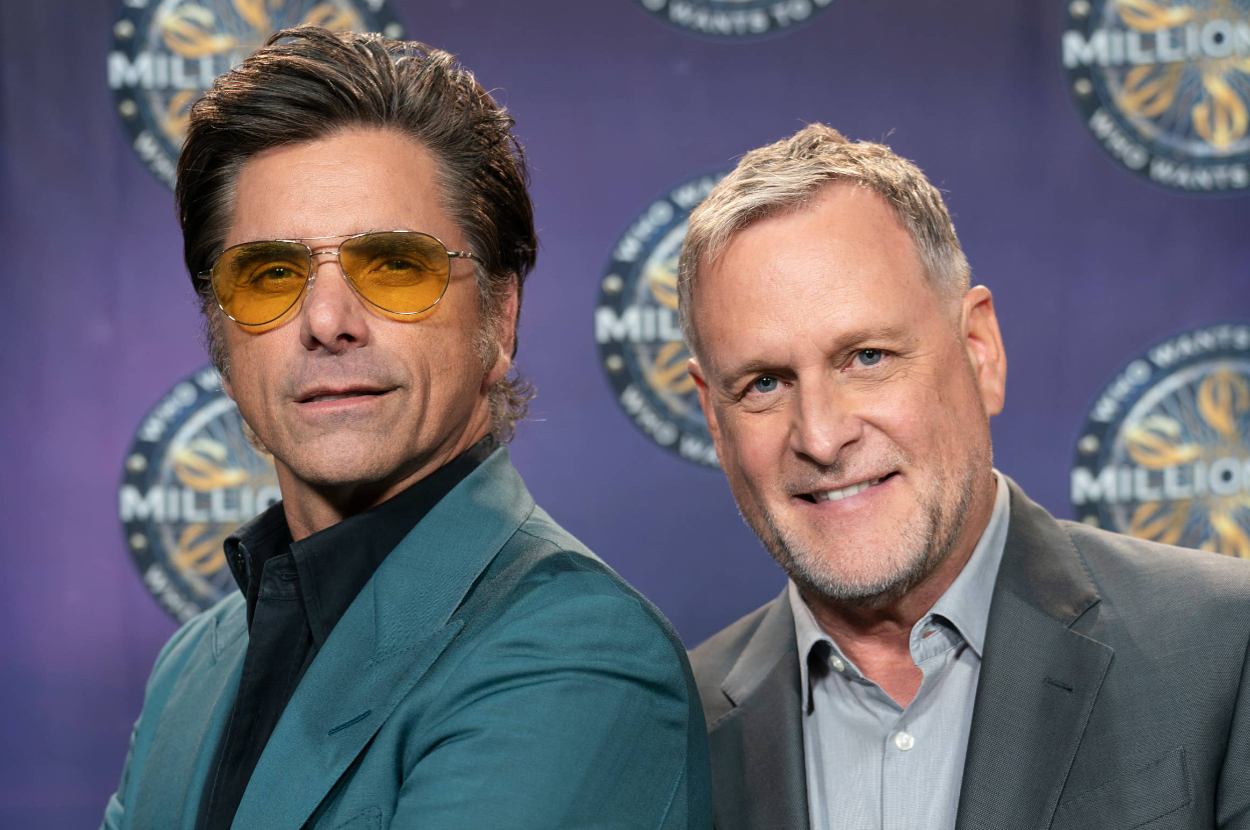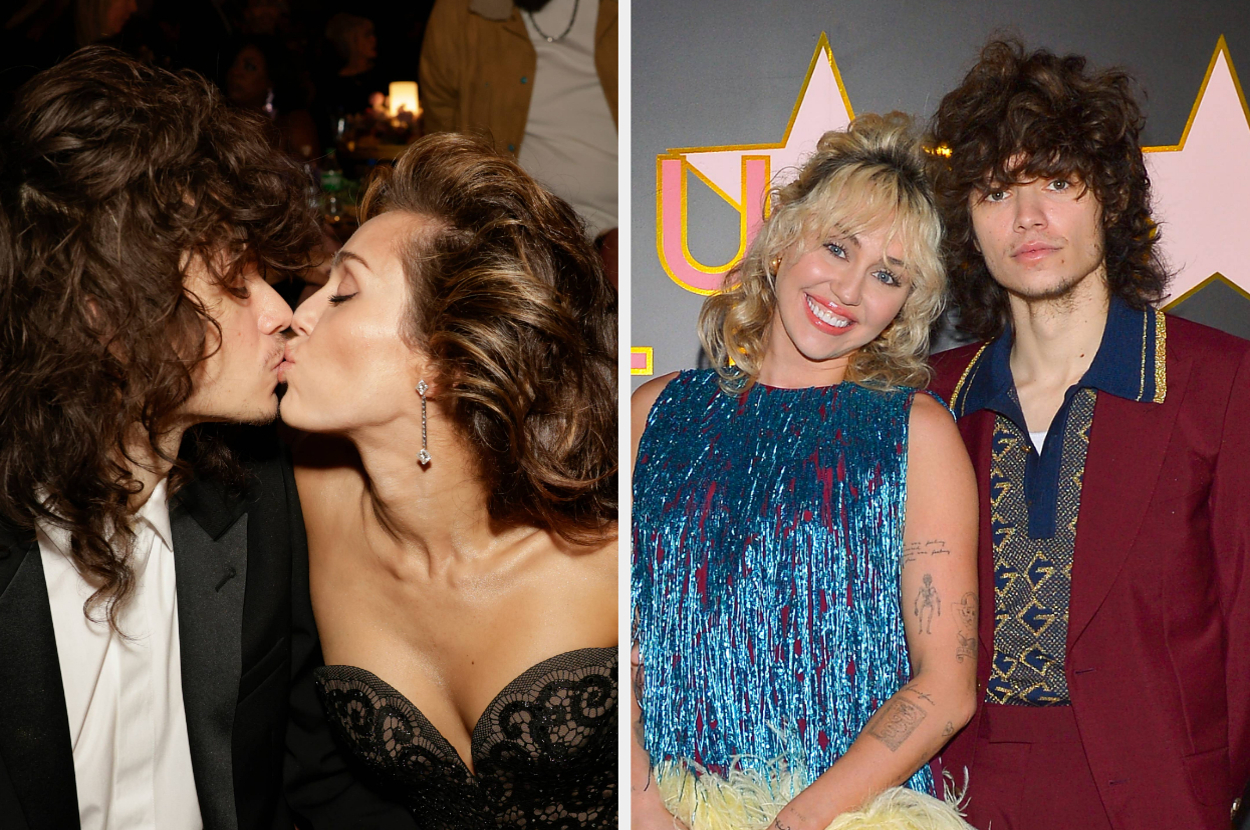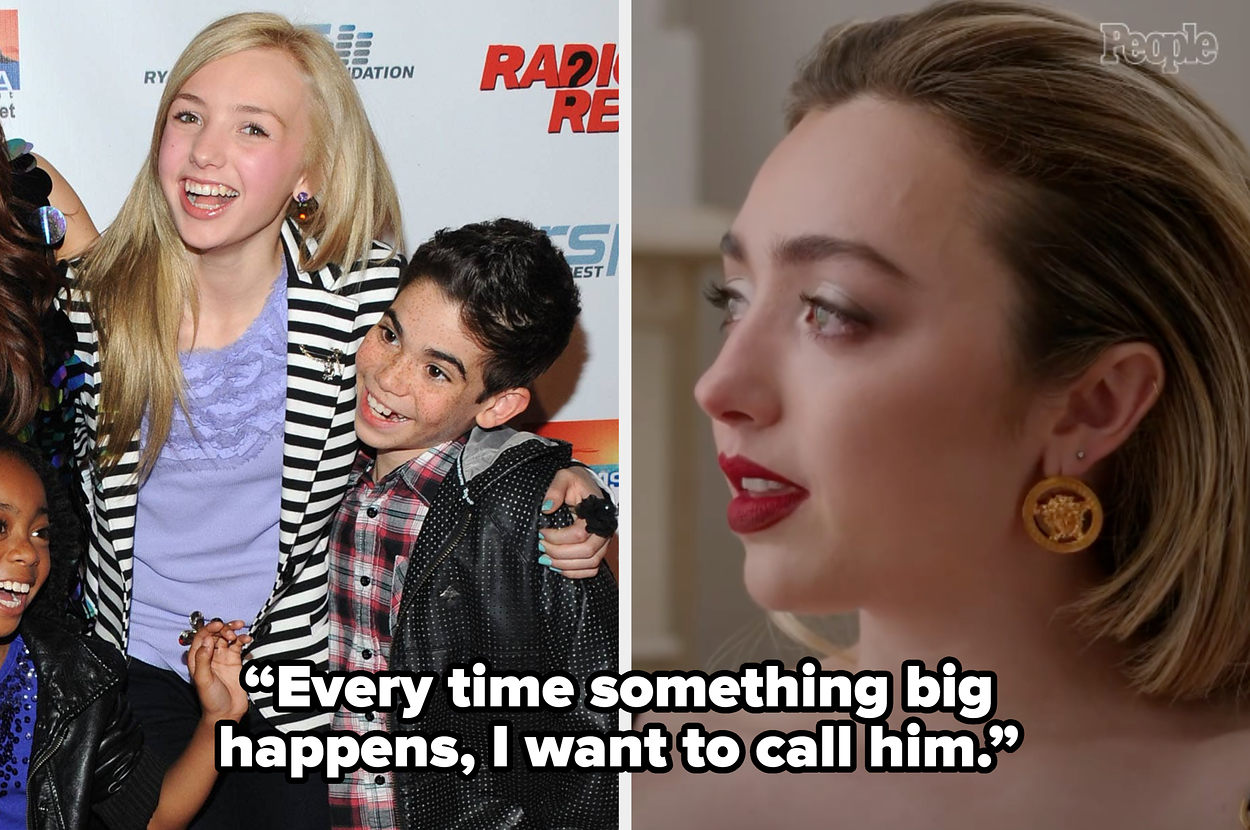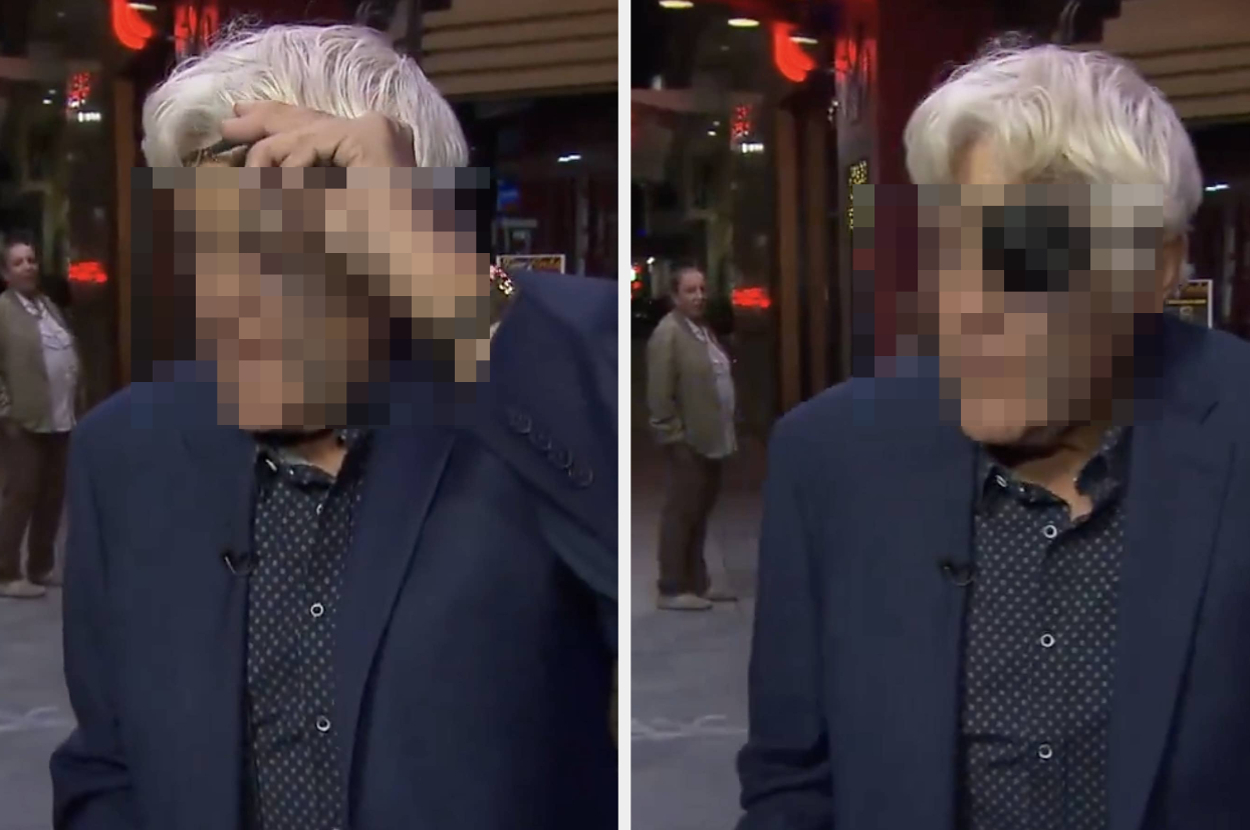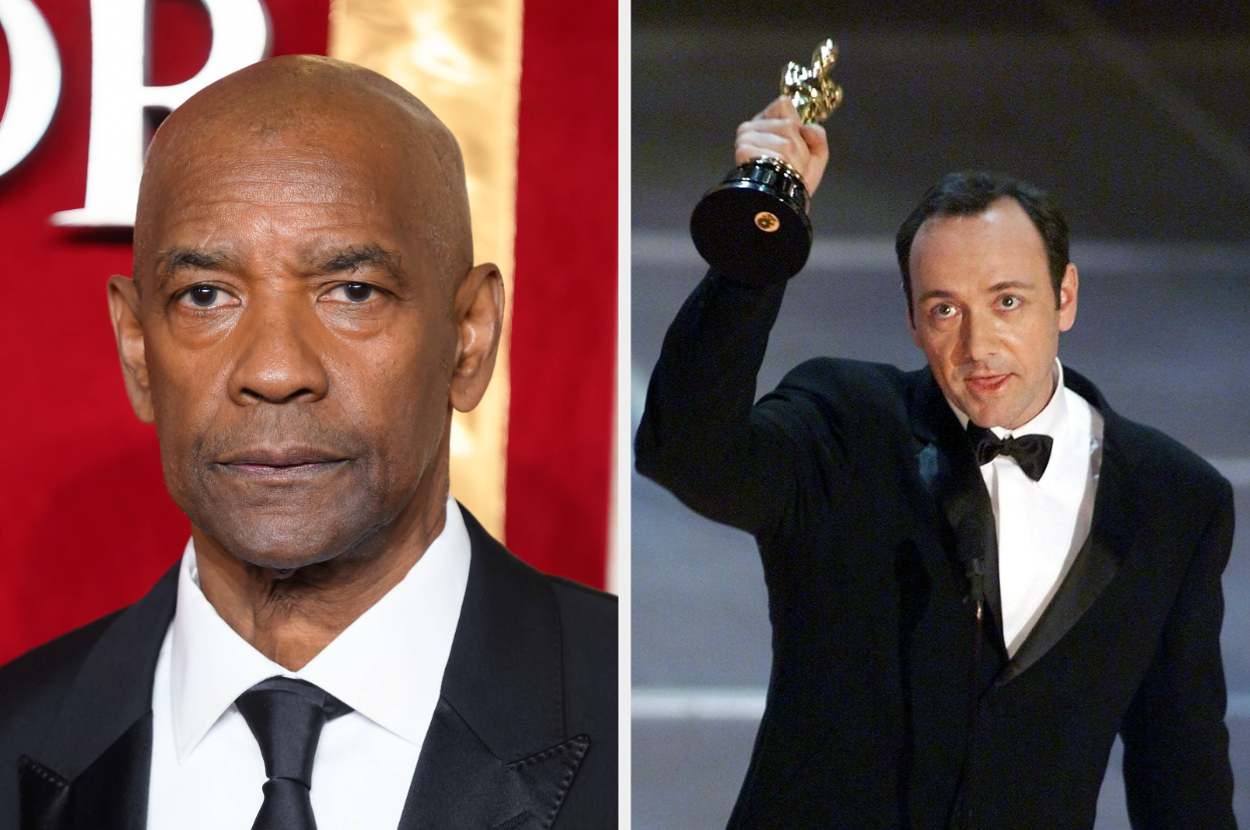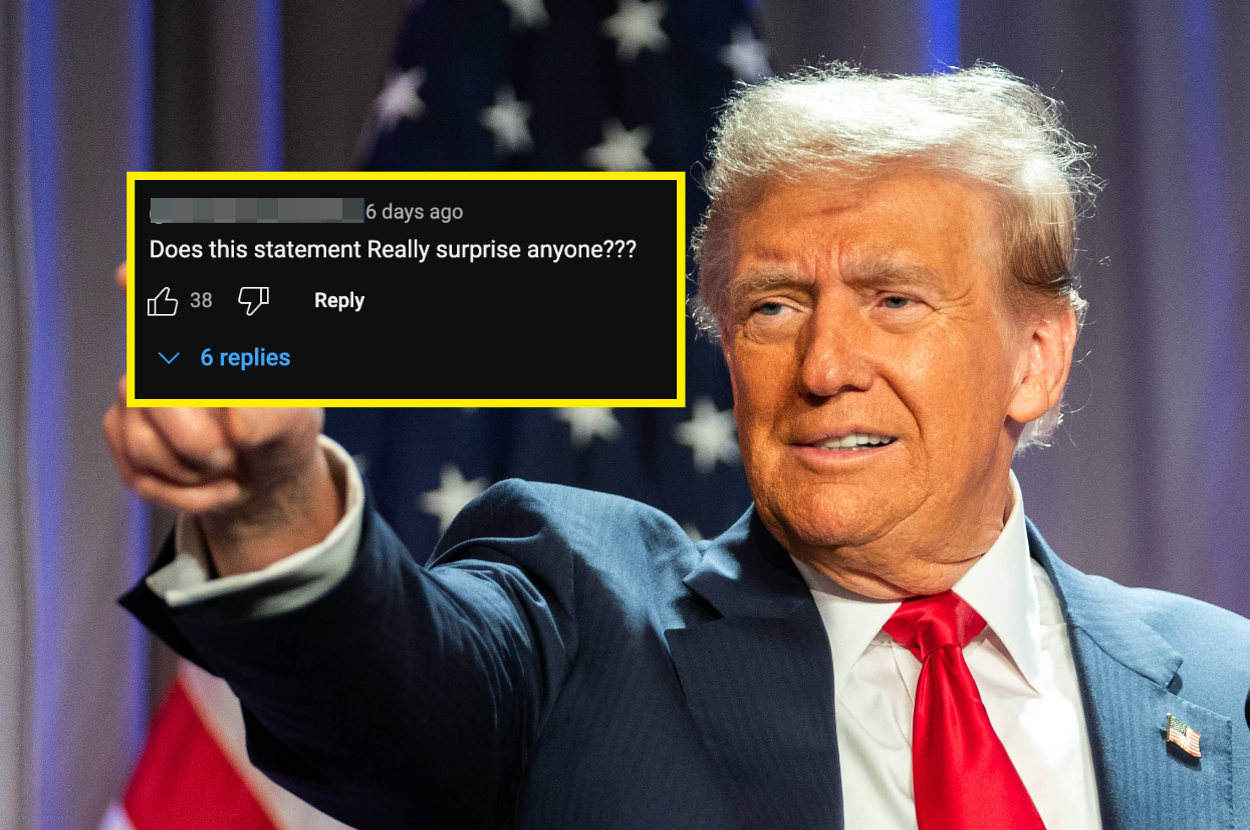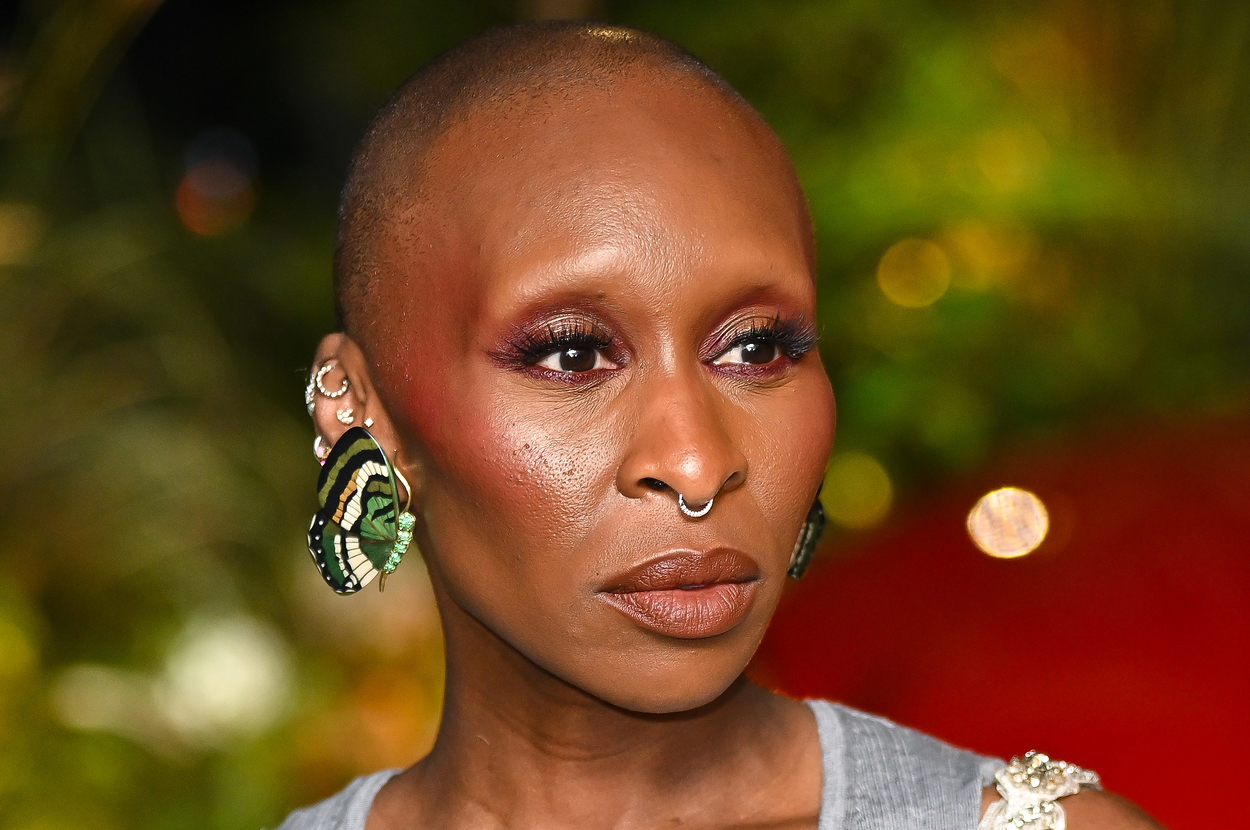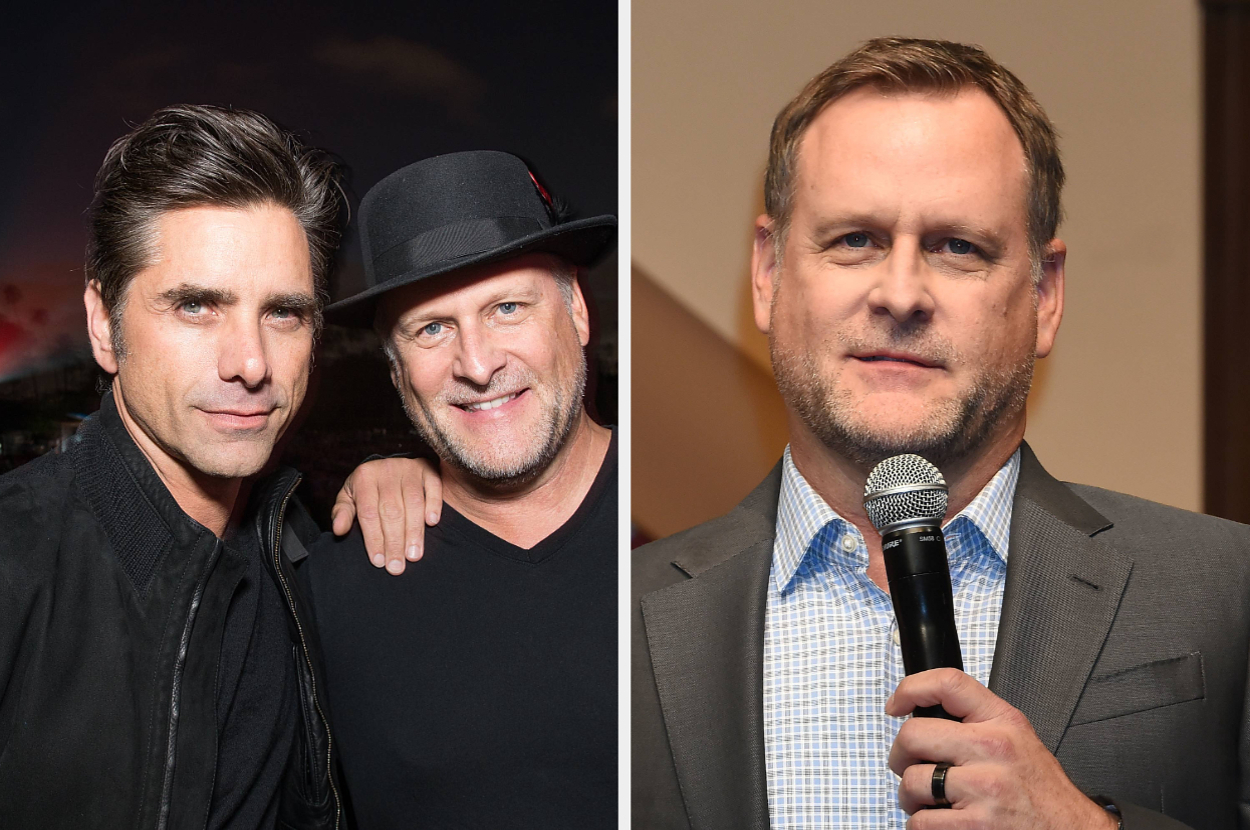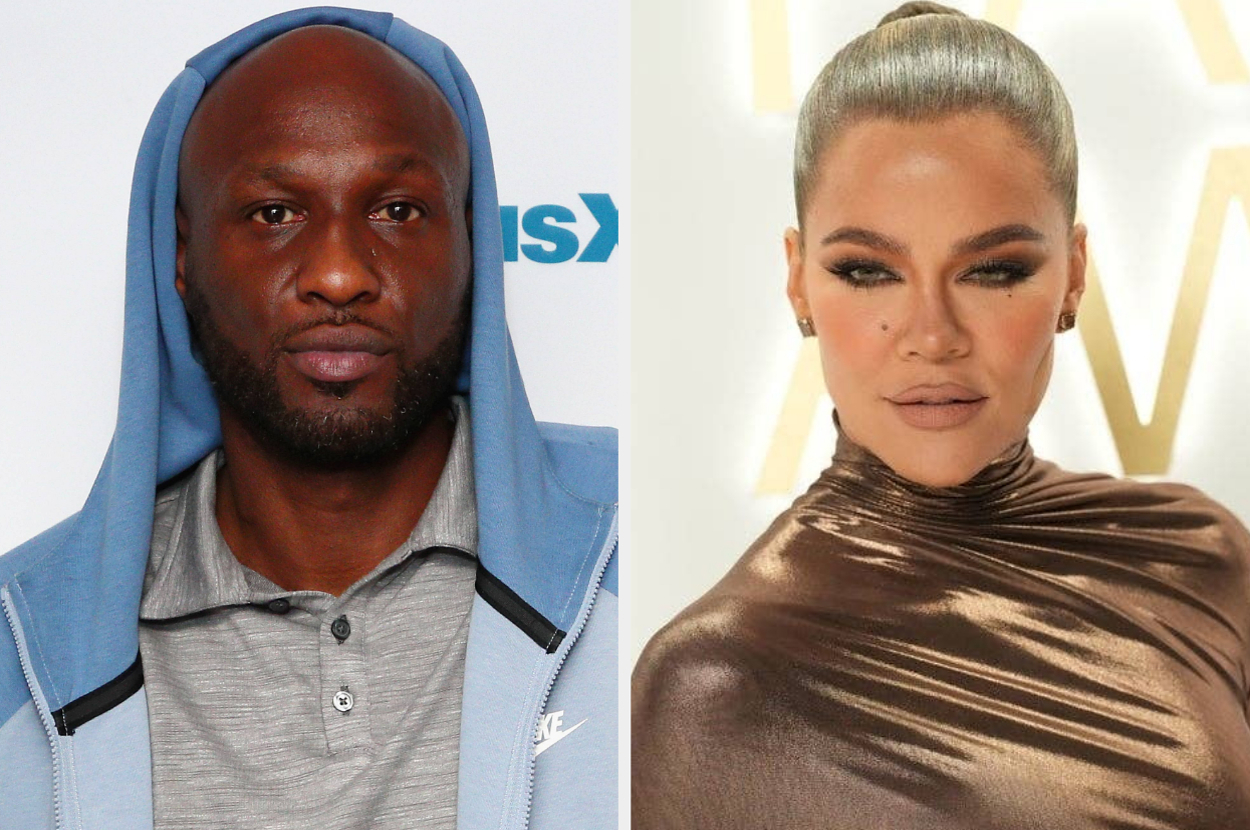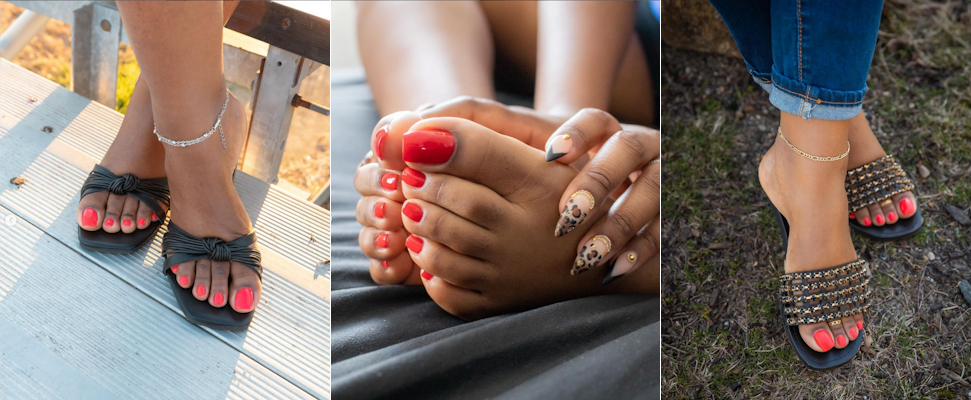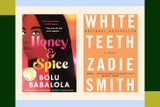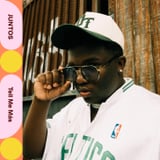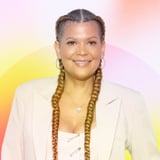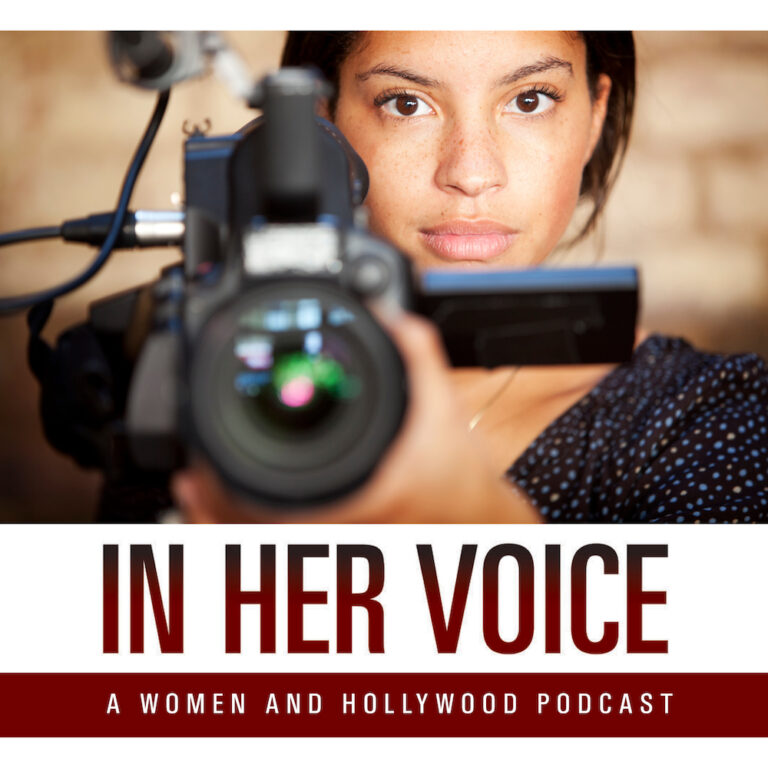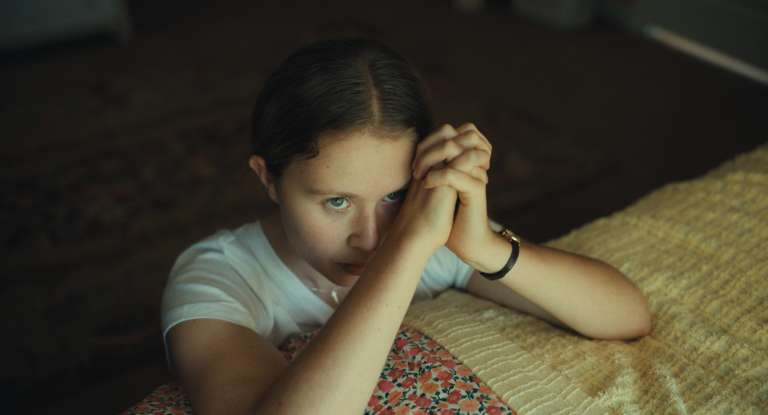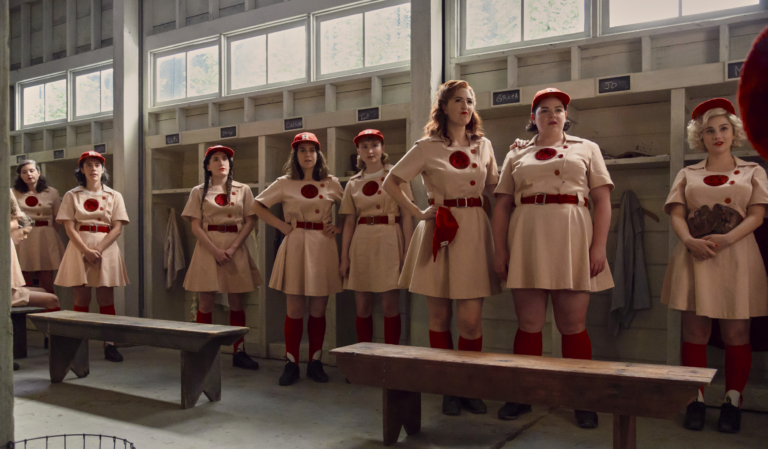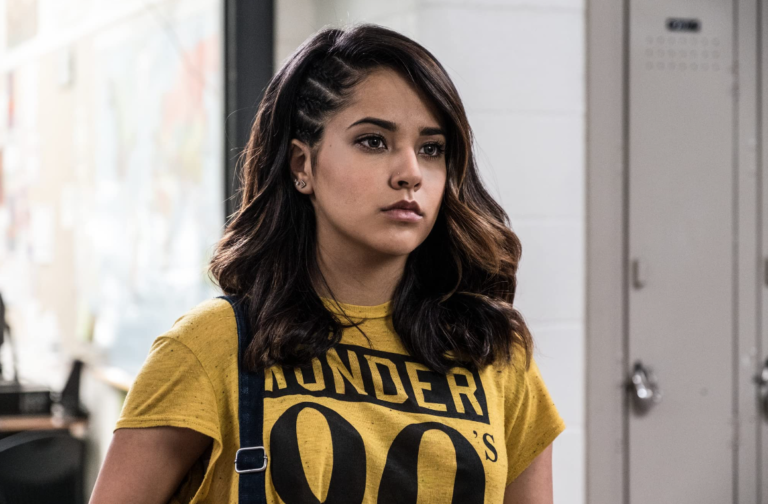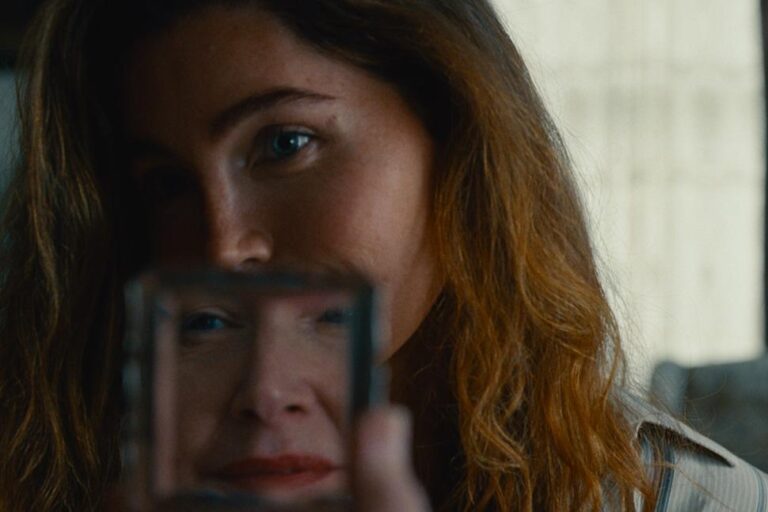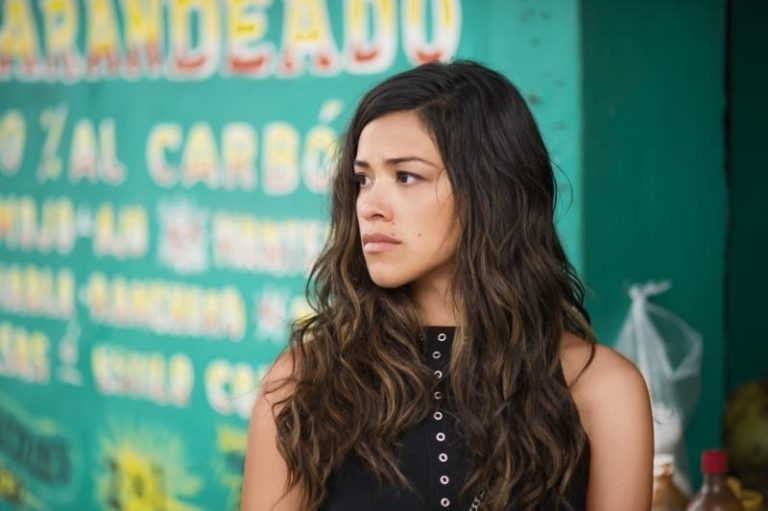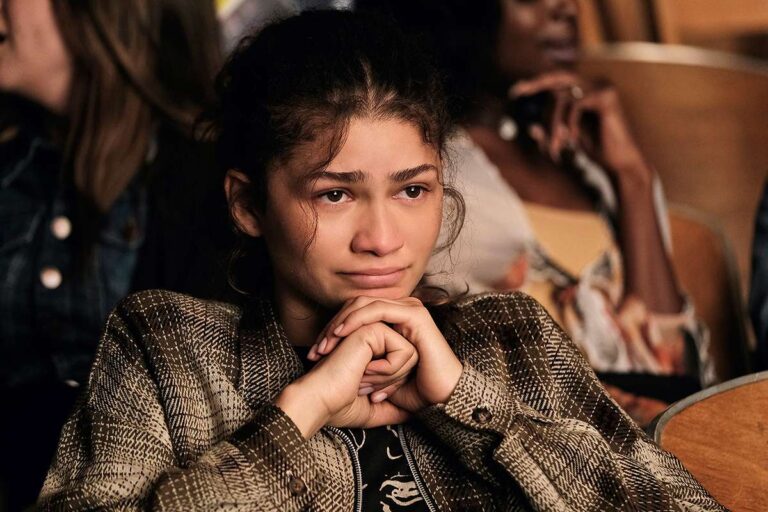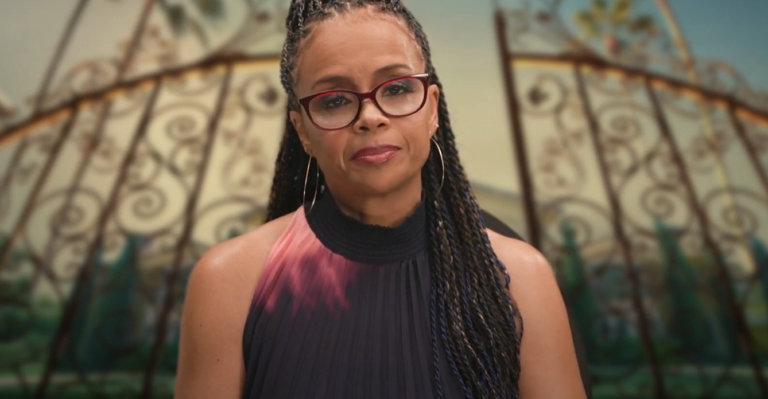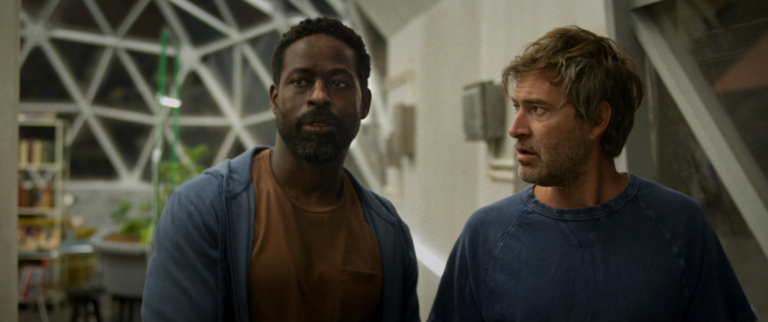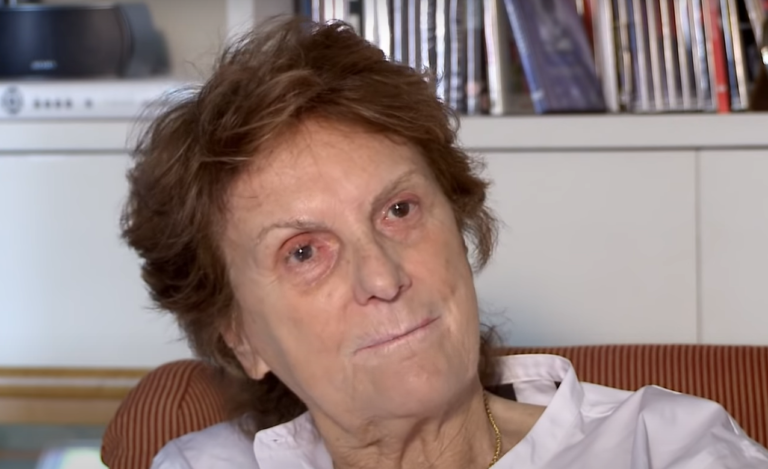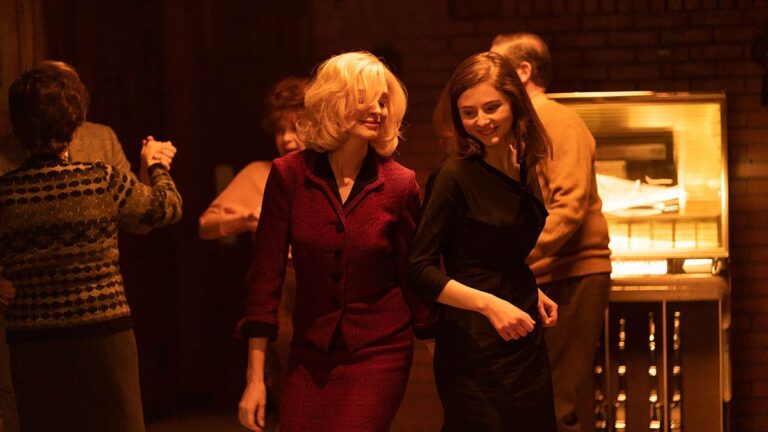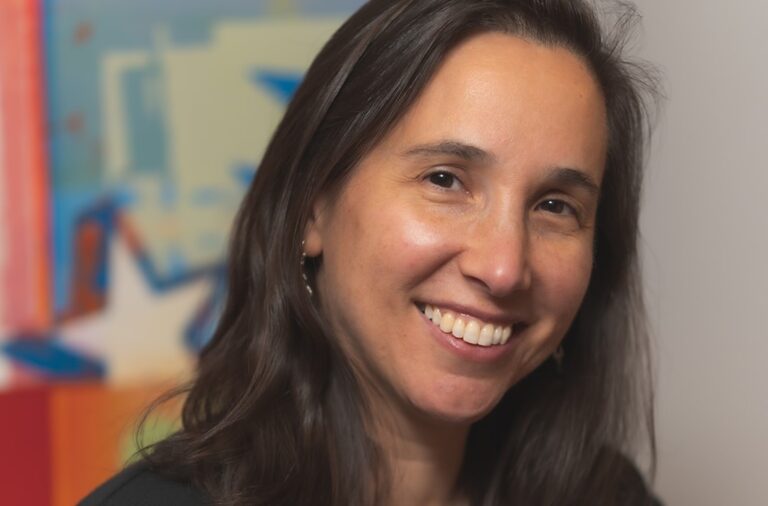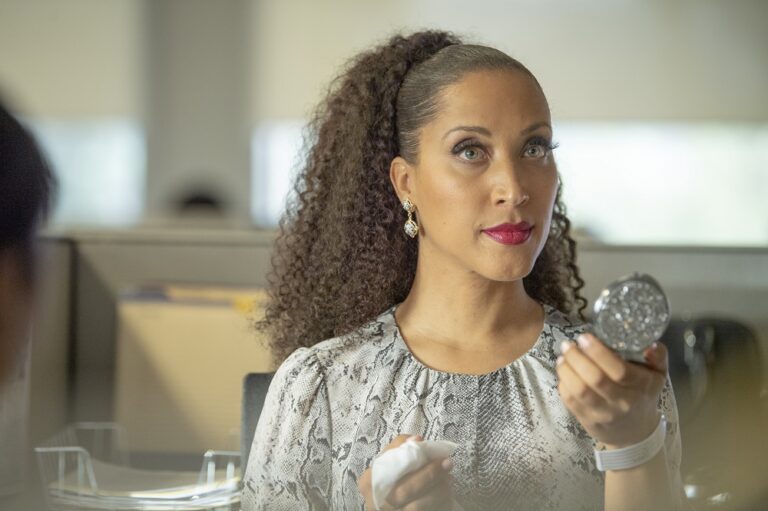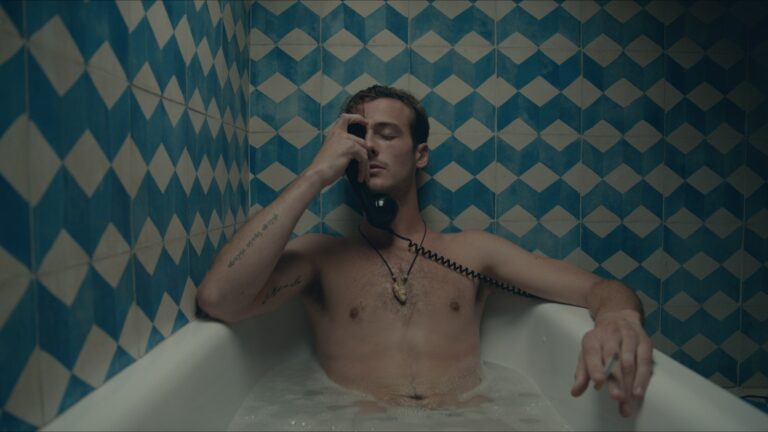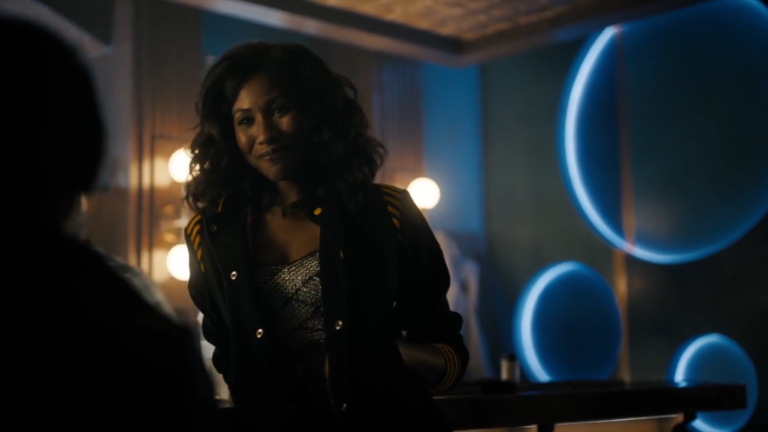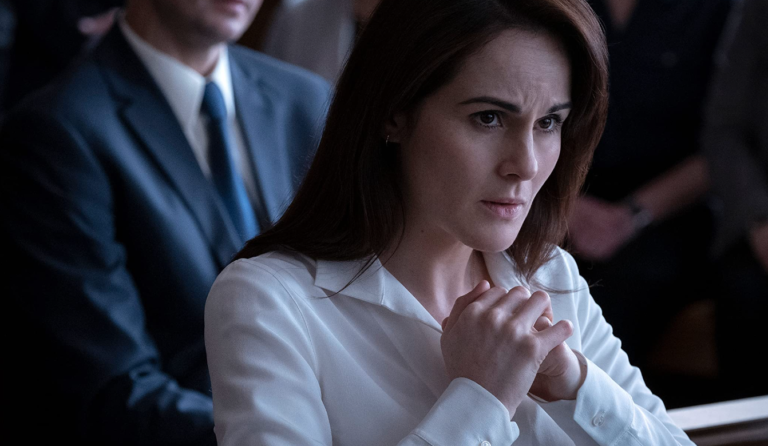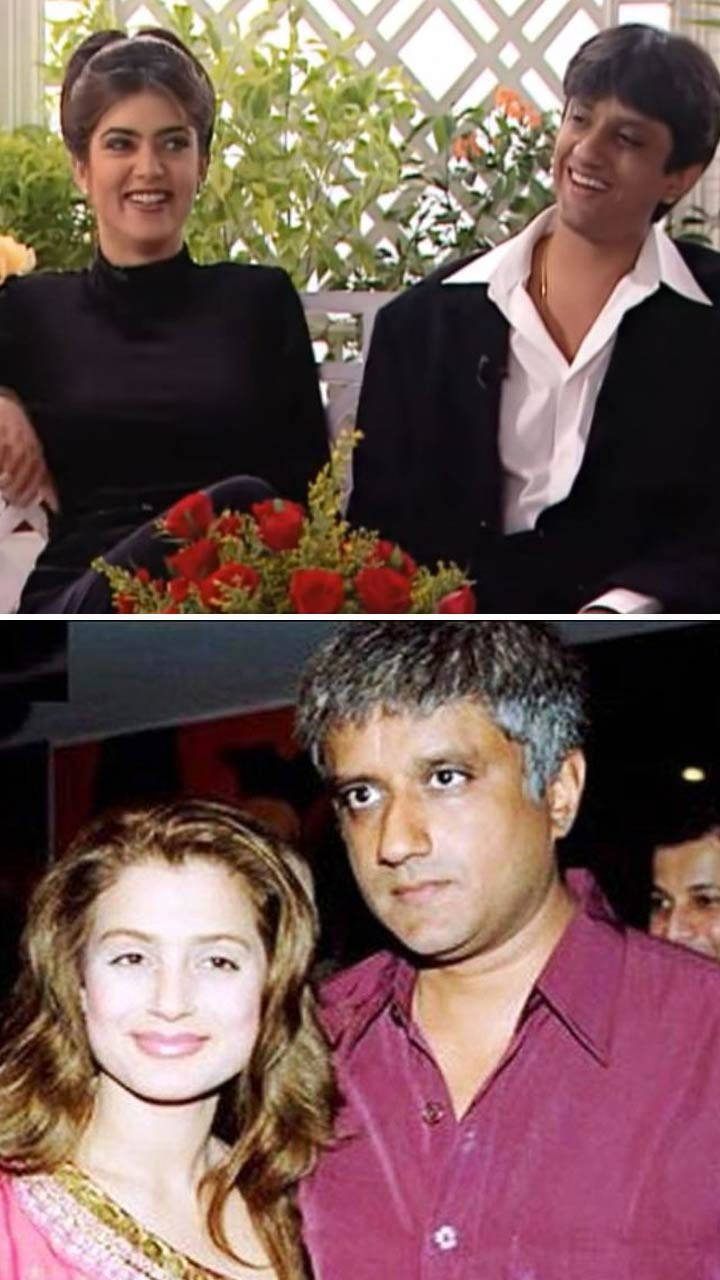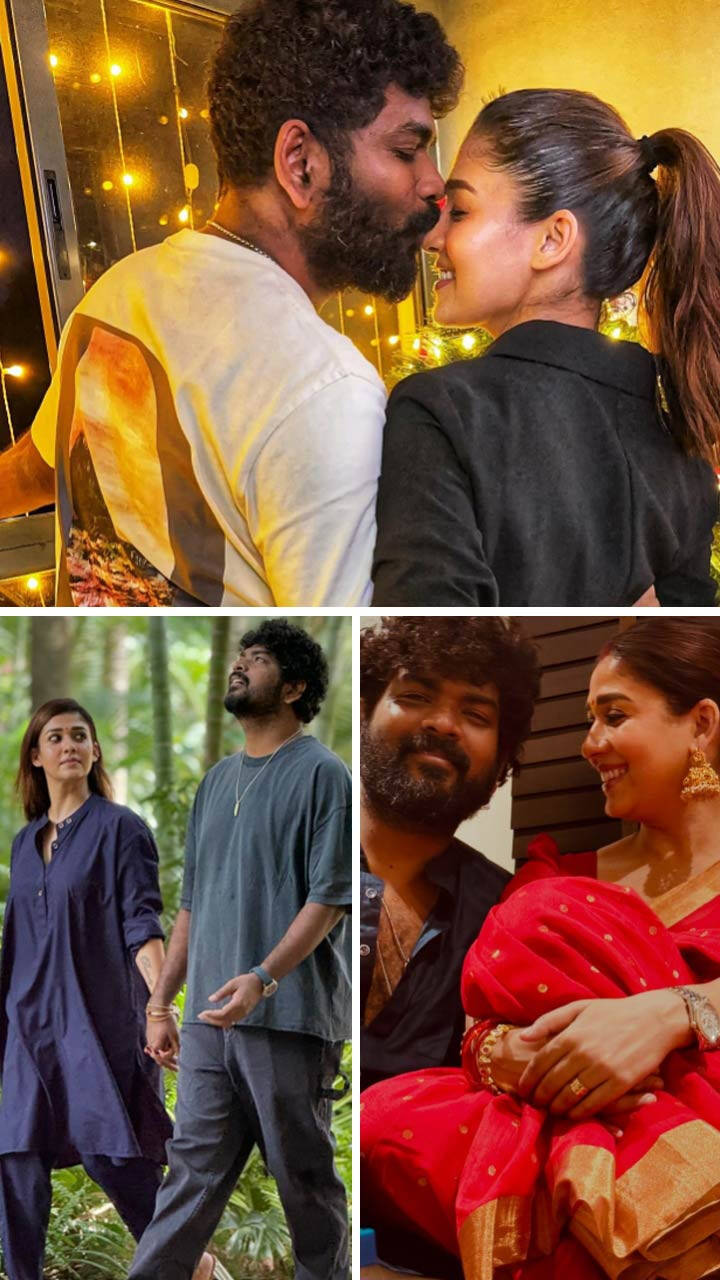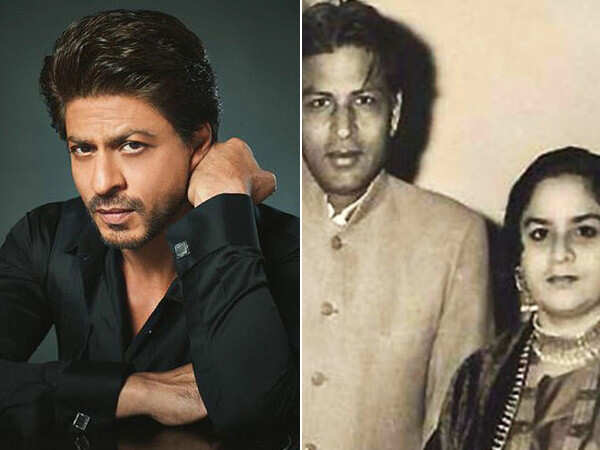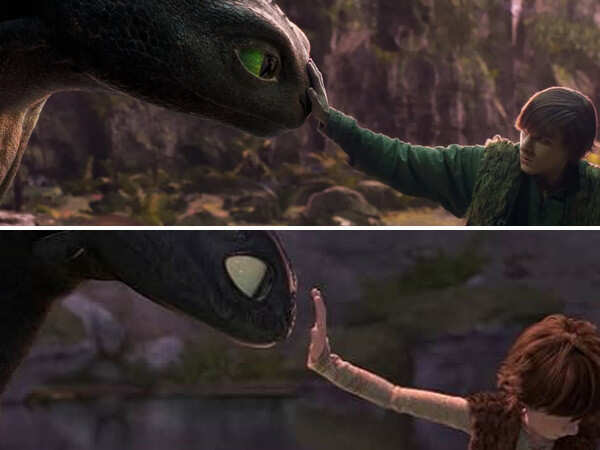-
House of Horrors Survivor Jennifer Turpin Gets Married
Thu, 21 Nov 2024 03:15:12 GMT
 Jennifer Turpin is celebrating a milestone.
Jennifer—who escaped from her parents' "House of Horror" in 2018—shared that she married husband Aron at the Miller Gardens in Rancho Cucamonga, Calif....
Jennifer Turpin is celebrating a milestone.
Jennifer—who escaped from her parents' "House of Horror" in 2018—shared that she married husband Aron at the Miller Gardens in Rancho Cucamonga, Calif....
-
Luke Bryan Reveals Cute Nickname Katy Perry's Daughter Daisy Calls Him
Thu, 21 Nov 2024 02:55:43 GMT
 Luke Bryan will be there for Daisy Dove unconditionally.
The American Idol judge revealed that he still keeps in touch with his former costar Katy Perry—who left the singing competition series...
Luke Bryan will be there for Daisy Dove unconditionally.
The American Idol judge revealed that he still keeps in touch with his former costar Katy Perry—who left the singing competition series...
-
Zach Bryan Posts Update After Missing CMAs Amid Brianna LaPaglia Split
Thu, 21 Nov 2024 02:43:00 GMT
 Looks like Zach Bryan ditched the red carpet in Nashville for some pink skies.
The “Something In the Orange” singer shared an update on his whereabouts Nov. 20, the same day he was invited to...
Looks like Zach Bryan ditched the red carpet in Nashville for some pink skies.
The “Something In the Orange” singer shared an update on his whereabouts Nov. 20, the same day he was invited to...
-
Kim Kardashian Holds Hands With Tesla Robot in New Polarizing Photos
Thu, 21 Nov 2024 02:15:40 GMT
 The future is now for Kim Kardashian.
One day after sharing her meeting with Tesla’s Optimus robot, the Kardashians star posted a moody photoshoot accompanied by another version of the humanoid....
The future is now for Kim Kardashian.
One day after sharing her meeting with Tesla’s Optimus robot, the Kardashians star posted a moody photoshoot accompanied by another version of the humanoid....
-
Iconic Former Nickelodeon Child Star Revealed on The Masked Singer
Thu, 21 Nov 2024 02:06:43 GMT
 One of Nickelodeon's most beloved comedy stars has been unmasked as Ice King on The Masked Singer.
An iconic former child star was sent home during the Fox singing competition series' Nov. 20...
One of Nickelodeon's most beloved comedy stars has been unmasked as Ice King on The Masked Singer.
An iconic former child star was sent home during the Fox singing competition series' Nov. 20...
-
Jelly Roll Shows Off 100-Lb. Weight Loss at 2024 CMAs With Wife Bunnie
Thu, 21 Nov 2024 02:04:00 GMT
 Jelly Roll is suited up and ready to banjo.
The “Son of a Sinner” singer arrived at the Country Music Association (CMA) Awards at Bridgestone Arena in Nashville Nov. 20 alongside his wife Bunnie...
Jelly Roll is suited up and ready to banjo.
The “Son of a Sinner” singer arrived at the Country Music Association (CMA) Awards at Bridgestone Arena in Nashville Nov. 20 alongside his wife Bunnie...
-
Bronwyn Newport Shares a 60-Second Beauty Hack to Transform Your Skin
Thu, 21 Nov 2024 02:00:00 GMT
 We interviewed Bronwyn Newport because we think you'll like her picks. Some of the picks are from Bronwyn's Bedhead PJs collaboration. E! may get a commission if you purchase something through our...
We interviewed Bronwyn Newport because we think you'll like her picks. Some of the picks are from Bronwyn's Bedhead PJs collaboration. E! may get a commission if you purchase something through our...
-
American Idol’s Luke Bryan Shares Advice for Judge Carrie Underwood
Thu, 21 Nov 2024 01:32:11 GMT
 All country roads return home for Carrie Underwood.
And Luke Bryan is there to help the American Idol winner—who is joining him on the judging panel for the upcoming season of the singing...
All country roads return home for Carrie Underwood.
And Luke Bryan is there to help the American Idol winner—who is joining him on the judging panel for the upcoming season of the singing...
-
Katharine McPhee Reacts to Erin Foster's Hit Show Nobody Wants This
Thu, 21 Nov 2024 01:15:00 GMT
 Katharine McPhee definitely wants more of this.
The American Idol alum—who has been married to music producer David Foster since 2019—remains nothing but supportive of his daughters Sara...
Katharine McPhee definitely wants more of this.
The American Idol alum—who has been married to music producer David Foster since 2019—remains nothing but supportive of his daughters Sara...
-
Travis Kelce Jokes About His Game Plan for Having Kids
Thu, 21 Nov 2024 00:54:09 GMT
 Does Travis Kelce have babies on the brain?
The Are You Smarter Than a Celebrity? host—who is dating Taylor Swift—subtly hinted at parenthood after celebrity contestant Ryan Fitzpatrick teased...
Does Travis Kelce have babies on the brain?
The Are You Smarter Than a Celebrity? host—who is dating Taylor Swift—subtly hinted at parenthood after celebrity contestant Ryan Fitzpatrick teased...
-
2024 CMAs: Kelsea Ballerini Shares Double Date Plans With Chase Stokes
Thu, 21 Nov 2024 00:35:00 GMT
 Love for Kelsea Ballerini is having her cowboy by her side.
The "Penthouse" singer stepped out with her boyfriend Chase Stokes at the 2024 CMA Awards Nov. 20 for an adorable date night in...
Love for Kelsea Ballerini is having her cowboy by her side.
The "Penthouse" singer stepped out with her boyfriend Chase Stokes at the 2024 CMA Awards Nov. 20 for an adorable date night in...
-
2024 CMA Awards: The Complete List of Winners
Thu, 21 Nov 2024 00:25:00 GMT
 The Country Music Awards have found a deeper well of winners.
Indeed, country music’s biggest night commenced Nov. 20 at Bridgestone Arena in Nashville, and some of the 58th CMA Awards attendees...
The Country Music Awards have found a deeper well of winners.
Indeed, country music’s biggest night commenced Nov. 20 at Bridgestone Arena in Nashville, and some of the 58th CMA Awards attendees...
-
2024 CMAs: All the Couples Turning the Red Carpet Into Date Night
Thu, 21 Nov 2024 00:12:00 GMT
 Giddy up for date night at the 2024 CMA Awards.
Not only did the Nov. 20 ceremony—hosted by Luke Bryan, Lainey Wilson, and Peyton Manning—bring out tons of star power, but also the cutest celeb...
Giddy up for date night at the 2024 CMA Awards.
Not only did the Nov. 20 ceremony—hosted by Luke Bryan, Lainey Wilson, and Peyton Manning—bring out tons of star power, but also the cutest celeb...
-
Cute Christmas Decorations To Fill Your Home With Holiday Cheer
Thu, 21 Nov 2024 00:00:00 GMT
 The products featured in this article are from brands available in NBCUniversal Checkout. E! makes a commission on purchases.
Nothing gets you in the holiday spirit quite like putting up your...
The products featured in this article are from brands available in NBCUniversal Checkout. E! makes a commission on purchases.
Nothing gets you in the holiday spirit quite like putting up your...
-
2024 CMA Awards: See Every Star on the Red Carpet
Wed, 20 Nov 2024 23:57:00 GMT
 These cowboy boots were made for walking down the red carpet.
Which is exactly what they did as the stars made their way to the 2024 Country Music Association Awards at Nashville's Bridgestone...
These cowboy boots were made for walking down the red carpet.
Which is exactly what they did as the stars made their way to the 2024 Country Music Association Awards at Nashville's Bridgestone...
-
Ellen DeGeneres and Portia De Rossi Leaving the U.S., Moving to U.K.
Wed, 20 Nov 2024 23:42:00 GMT
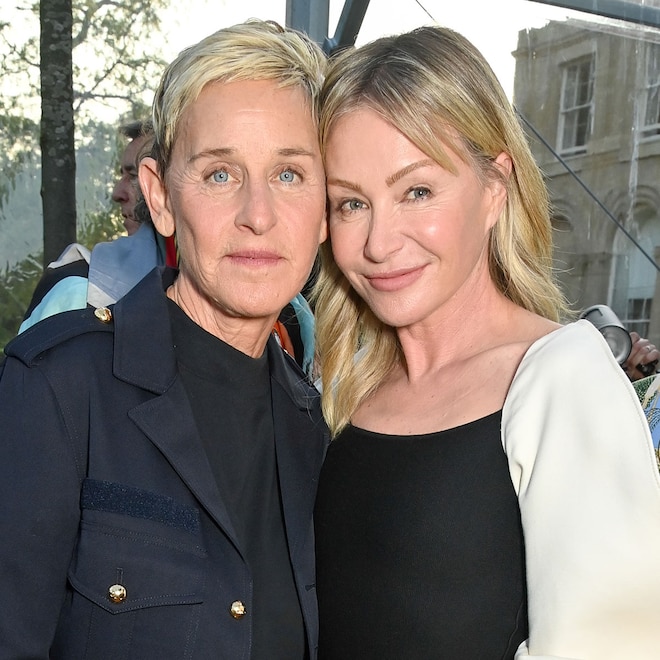 Ellen DeGeneres and wife Portia De Rossi are exiting the United States for a new home abroad.
The pair have moved to England and plan to sell their residence in Montecito, Calif., multiple outlets...
Ellen DeGeneres and wife Portia De Rossi are exiting the United States for a new home abroad.
The pair have moved to England and plan to sell their residence in Montecito, Calif., multiple outlets...
-
Verity Casts Anne Hathaway in Movie Adaptation of Colleen Hoover Book
Wed, 20 Nov 2024 23:14:56 GMT
 Anne Hathaway is entering the CoHo cinematic universe.
The Princess Diaries star has been cast in the movie adaptation of Colleen Hoover's chilling book Verity, the author confirmed on Instagram...
Anne Hathaway is entering the CoHo cinematic universe.
The Princess Diaries star has been cast in the movie adaptation of Colleen Hoover's chilling book Verity, the author confirmed on Instagram...
-
DWTS' Julianne Hough Reveals Relationship Status
Wed, 20 Nov 2024 23:13:08 GMT
 Julianne Hough knows it takes two to tango and she’s ready to find her partner.
The Dancing With the Stars cohost gave an update on the current state of her dating life during the semi-finals...
Julianne Hough knows it takes two to tango and she’s ready to find her partner.
The Dancing With the Stars cohost gave an update on the current state of her dating life during the semi-finals...
-
Artem Chigvintsev & Nikki Garcia Settle Divorce 2 Months After Breakup
Wed, 20 Nov 2024 23:12:51 GMT
 Artem Chigvintsev and Nikki Garcia have had their last dance.
The Dancing With the Stars pro and the Total Bellas star, who share 4-year-old son Matteo, settled their divorce two months after...
Artem Chigvintsev and Nikki Garcia have had their last dance.
The Dancing With the Stars pro and the Total Bellas star, who share 4-year-old son Matteo, settled their divorce two months after...
-
Best Artificial Christmas Tree Black Friday Deals: Starting at $25
Wed, 20 Nov 2024 22:59:52 GMT
 E! may get a commission if you purchase something through our links. Learn more.
Putting up a real Christmas tree in your home can add warmth and a festive holiday vibe, but TBH, a tree is also a...
E! may get a commission if you purchase something through our links. Learn more.
Putting up a real Christmas tree in your home can add warmth and a festive holiday vibe, but TBH, a tree is also a...
-
Susan Smith Denied Parole 30 Years After Killing Her 2 Young Sons
Wed, 20 Nov 2024 22:42:04 GMT
 Susan Smith will remain behind bars.
Thirty years after killing her two young sons by drowning them in a South Carolina lake, the 53-year-old was denied parole in a unanimous decision by a South...
Susan Smith will remain behind bars.
Thirty years after killing her two young sons by drowning them in a South Carolina lake, the 53-year-old was denied parole in a unanimous decision by a South...
-
You'll Flip Over Simone Biles' Chic Hair Transformation
Wed, 20 Nov 2024 22:14:00 GMT
 Simone Biles is going for gold with her new look.
The Olympic gymnast debuted a sleek new bob haircut in an Instagram Stories post Nov. 19, showing off her new chin-length hairdo as she posed for...
Simone Biles is going for gold with her new look.
The Olympic gymnast debuted a sleek new bob haircut in an Instagram Stories post Nov. 19, showing off her new chin-length hairdo as she posed for...
-
Kylie Jenner Is Cool as a Cucumber While Hilariously Trolling Kendall
Wed, 20 Nov 2024 21:53:00 GMT
 Kylie Jenner just served Kendall Jenner the ultimate prank.
In a video promoting her apparel brand Khy by Kylie Jenner, shared Nov. 20 on Instagram, the Kylie Cosmetics founder trolled her sister...
Kylie Jenner just served Kendall Jenner the ultimate prank.
In a video promoting her apparel brand Khy by Kylie Jenner, shared Nov. 20 on Instagram, the Kylie Cosmetics founder trolled her sister...
-
Selena Gomez Details the “Safest” Relationship Ever With Benny Blanco
Wed, 20 Nov 2024 21:43:00 GMT
 Selena Gomez doesn’t have to lose herself to love Benny Blanco.
The Only Murders in the Building star—who began dating the music producer in 2023—recently shared why she has chosen to be so much...
Selena Gomez doesn’t have to lose herself to love Benny Blanco.
The Only Murders in the Building star—who began dating the music producer in 2023—recently shared why she has chosen to be so much...
-
Coach Black Friday Deals: Bags up to 85% off & More Affordable Gifts
Wed, 20 Nov 2024 21:35:40 GMT
 E! may get a commission if you purchase something through our links. Learn more.
Believe it or not, Thanksgiving is just around the corner, which means Black Friday is basically knocking on our...
E! may get a commission if you purchase something through our links. Learn more.
Believe it or not, Thanksgiving is just around the corner, which means Black Friday is basically knocking on our...
-
Where RHOSLC Star Bronwyn Newport’s Daughter Stands With Her Family
Wed, 20 Nov 2024 21:19:12 GMT
 Bronwyn Newport remains hopeful.
As the Real Housewives of Salt Lake City star—who previously opened up about the fractured relationship between her daughter Gwen, 18, and the family of her...
Bronwyn Newport remains hopeful.
As the Real Housewives of Salt Lake City star—who previously opened up about the fractured relationship between her daughter Gwen, 18, and the family of her...
-
Laken Riley Murder Case: Her Mom Says She Was "Robbed" of Her Daughter
Wed, 20 Nov 2024 21:02:00 GMT
 Allyson Phillips will never recover from the loss of her daughter Laken Riley.
Just before Jose Antonio Ibarra was sentenced to life in prison without the possibility of parole for the murder of...
Allyson Phillips will never recover from the loss of her daughter Laken Riley.
Just before Jose Antonio Ibarra was sentenced to life in prison without the possibility of parole for the murder of...
-
Taylor Swift Steps Out With Her Squad for Stylish NYC Girls Night
Wed, 20 Nov 2024 20:56:00 GMT
 Taylor Swift just proved her NYC girls nights never go out of style.
After her first weekend of show-stopping concerts in Toronto, the Grammy-winning singer stepped out for girls night in New...
Taylor Swift just proved her NYC girls nights never go out of style.
After her first weekend of show-stopping concerts in Toronto, the Grammy-winning singer stepped out for girls night in New...
-
Lala Kent Reveals Plans for Baby No. 3 After Welcoming Daughter Sosa
Wed, 20 Nov 2024 19:44:09 GMT
 Lala Kent isn’t done expanding her family.
Two months after giving birth to daughter Sosa, the Vanderpump Rules star revealed she’s already considering having a third baby—and she may not stop...
Lala Kent isn’t done expanding her family.
Two months after giving birth to daughter Sosa, the Vanderpump Rules star revealed she’s already considering having a third baby—and she may not stop...
-
Suits Star Gabriel Macht Set to Reprise Harvey Specter for Spinoff
Wed, 20 Nov 2024 19:41:59 GMT
 Gabriel Macht has some compelling evidence about the upcoming Suits spinoff.
After all, five years after the actor said goodbye to Harvey Specter, he's reprising his role as the former corporate...
Gabriel Macht has some compelling evidence about the upcoming Suits spinoff.
After all, five years after the actor said goodbye to Harvey Specter, he's reprising his role as the former corporate...
